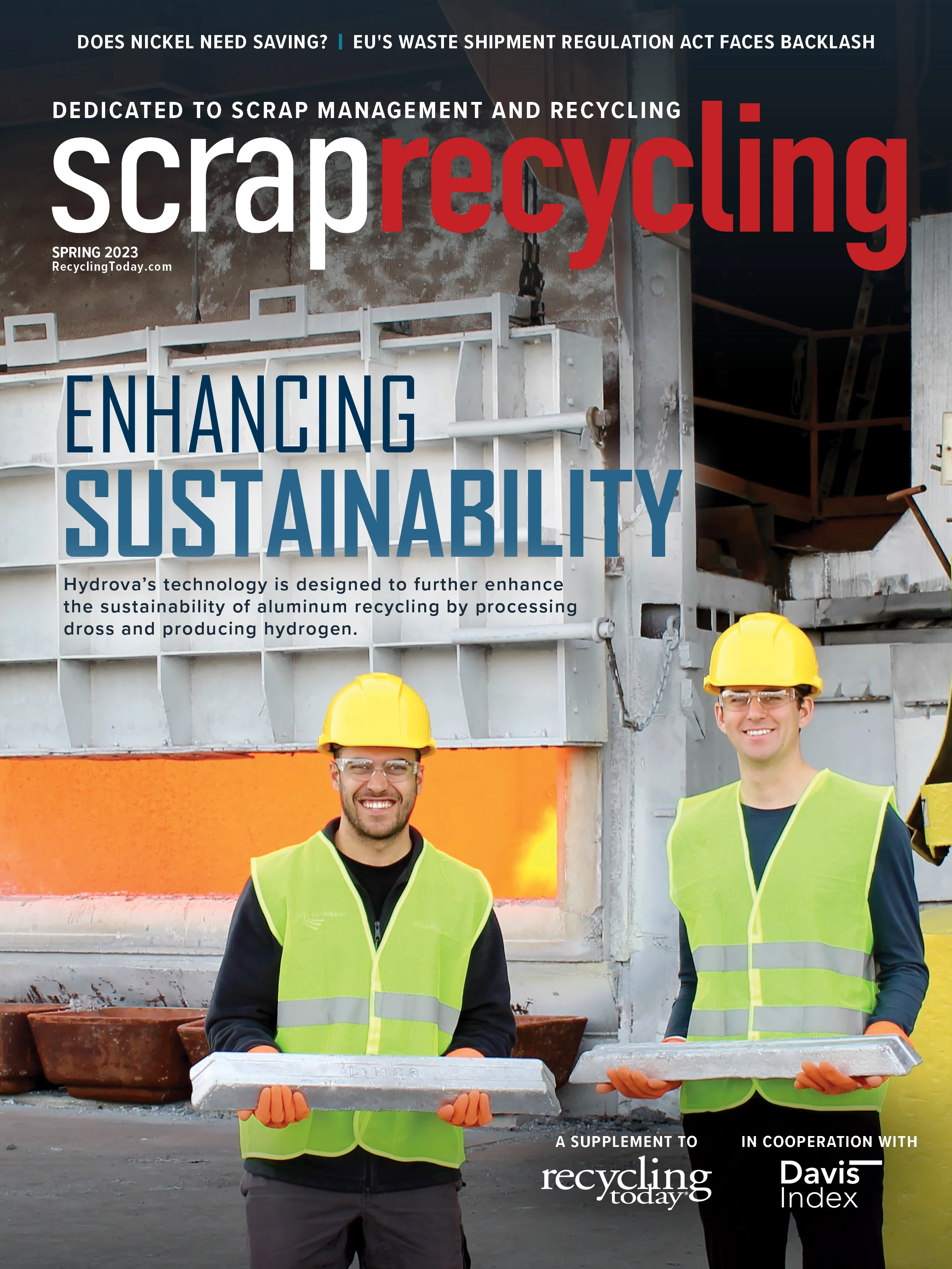
As efforts to address climate change through the electrification of transportation and the adoption of solar and wind energy increase, so has battery demand. According to a 2022 analysis from the McKinsey & Co. Battery Insights team, the lithium-ion (Li-ion) battery chain, from mining through recycling, could grow by more than 30 percent annually from 2022 to 2030 to reach a value of more than $400 billion and a market size of 4.7 Terawatt-hours (TWh). This is up from a 2019 estimate of 2.6 TWh and yearly growth of 25 percent by 2030.
“Although battery growth will confer multiple environmental and social benefits, many challenges lie ahead,” according to McKinsey. “To avoid shortages, battery manufacturers must secure a steady supply of both raw material and equipment. They must also channel their investment to the right areas and execute large-scale industrialization efficiently. And rather than just greenwashing—making half-hearted efforts to appear environmentally friendly—companies must commit to extensive decarbonization and true sustainability.”
“Given that the U.S. lacks many of the critical materials used in rechargeable battery production, recycling will play an important role in creating domestic supply chains for these materials.”
While the consultancy says China could account for 45 percent of total Li-ion demand in 2025 and 40 percent in 2030, the European Union and the United States are expected to see the most growth because of recent regulatory changes and the trend toward localizing supply chains.
Given that the United States lacks many of the critical materials used in rechargeable battery production, recycling will play an important role in creating domestic supply chains for these materials. This is part of why Recycling Today is debuting a new event in June: The Battery and Critical Metals Recycling Conference.
The conference, which will be at the Westin Buckhead in Atlanta, begins June 12 with a welcome reception and is followed by a full day of programming June 13.
Among the topics the event is delving into are the market outlook for battery demand, raw materials and recycling; transportation and shipping of end-of-life batteries; opportunities and challenges around battery collection; what sustainable battery recycling looks like; and preparing for the coming wave of batteries from electric vehicles.
We recognize that many of Recycling Today’s readers have questions about the safe handling of these batteries as well as emerging market opportunities. Our goal with this event is to foster discussion about what safe and sustainable battery production can look like in this country by bringing together representatives from throughout the rechargeable battery supply chain.
If you’re interested in this important topic, we hope you’ll join us in Atlanta.

Explore the Spring 2023 Scrap Recycling Issue
Check out more from this issue and find your next story to read.
Latest from Recycling Today
- Athens Services terminates contract with San Marino, California
- Partners develop specialty response vehicles for LIB fires
- Sonoco cites OCC shortage for price hike in Europe
- British Steel mill’s future up in the air
- Tomra applies GAINnext AI technology to upgrade wrought aluminum scrap
- Redwood Materials partners with Isuzu Commercial Truck
- The push for more supply
- ReMA PSI Chapter adds 7 members





